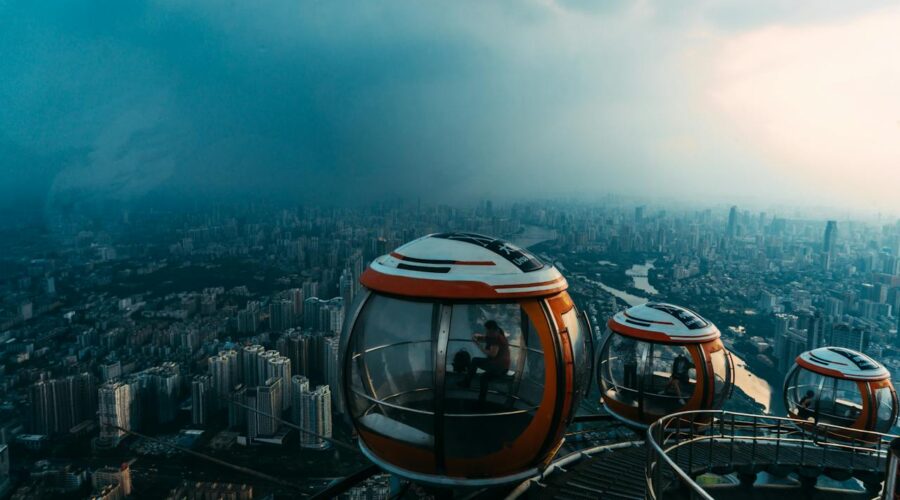Every Monday on Global Comment, we share the slow, thoughtful, considerate words that our brains – and souls – need but that it’s easy to miss in our busy world. We distil the best of the web and recommend just three links every week that you absolutely must see.
No fluff, no fuss, just three exceptional reads.
Here are this week’s recommendations:
Chasing Chop Suey: Tracing Chinese Immigration Through Foody (Mormei Zanke / The Sunday Long Read)
Today, chop suey is nebulous in meaning. Unless you are over the age of fifty, you probably have never heard of it. Or your closest reference might be from musical artists ranging from Louis Armstrong to the Ramones to System of a Down, who have all included “Chop Suey” in their song titles, none with any clear connection to the dish. (System of a Down’s bassist admitted that the band wanted to call their song “Suicide,” but to avoid controversy used chop suey because “it was suicide cut in half.”) History’s long game of telephone has altered, erased, and appropriated chop suey, to reach the ultimate sign of age—obscurity. But by the middle of the 20th century, it was a staple at North American Chinese restaurants, including my late grandfather’s. Tracing the dish’s history offers an outline to understand early Chinese immigration and the path my family took to create a new home.
Sick city (Katie Mulkowsky / Aeon)
Beyond being a daughter, I’m now a practising urban planner, and was trained by mentors with a keen eye on the link between public space and public health. Thanks to a slew of writers, scholars and activists – like Robert D Bullard, author of Dumping in Dixie (1990), Julie Sze, author of Noxious New York (2006) and Gregg Mitman, author of Breathing Space (2008), particularly Chapter 4, ‘Choking Cities’ – it’s well documented that environmental issues have unequal human impacts. Certain populations, based on their location, demographic makeup, level of resources available and underlying political context, feel the effects of industrial pollution more than others. This often has to do with the fact that histories of social and economic disenfranchisement become mapped on to urban space through planning practices like redlining and zoning. Along with the South Bronx, neighbourhoods like Brooklyn’s Sunset Park and Manhattan’s West Harlem today have higher geographic concentrations of polluting infrastructure, such as major highways, power plants, incinerators and waste transfer stations, than their wealthier counterparts do – predisposing some of the city’s poorest and most diverse communities to the worst health outcomes. Knowing this, on a professional and a personal level, has compounded the magnitude of my grief with the exasperation of having seen something coming for a long time.
You can oppose both rising antisemitism AND anti-Muslim hatred (Jemima Goldsmith)
It is a measure of the depth of their ideological intransigence & tribal myopia that so many intelligent and typically empathic people have been incapable of grasping the simple truth that you can oppose both rising antisemitism AND anti-Muslim hatred, and you can be horrified by…
— Jemima Goldsmith (@Jemima_Khan) November 25, 2023
If you have any suggestions for future words to feature, contact us on our socials or at editor@globalcomment.com
Image: Irina Iriser

